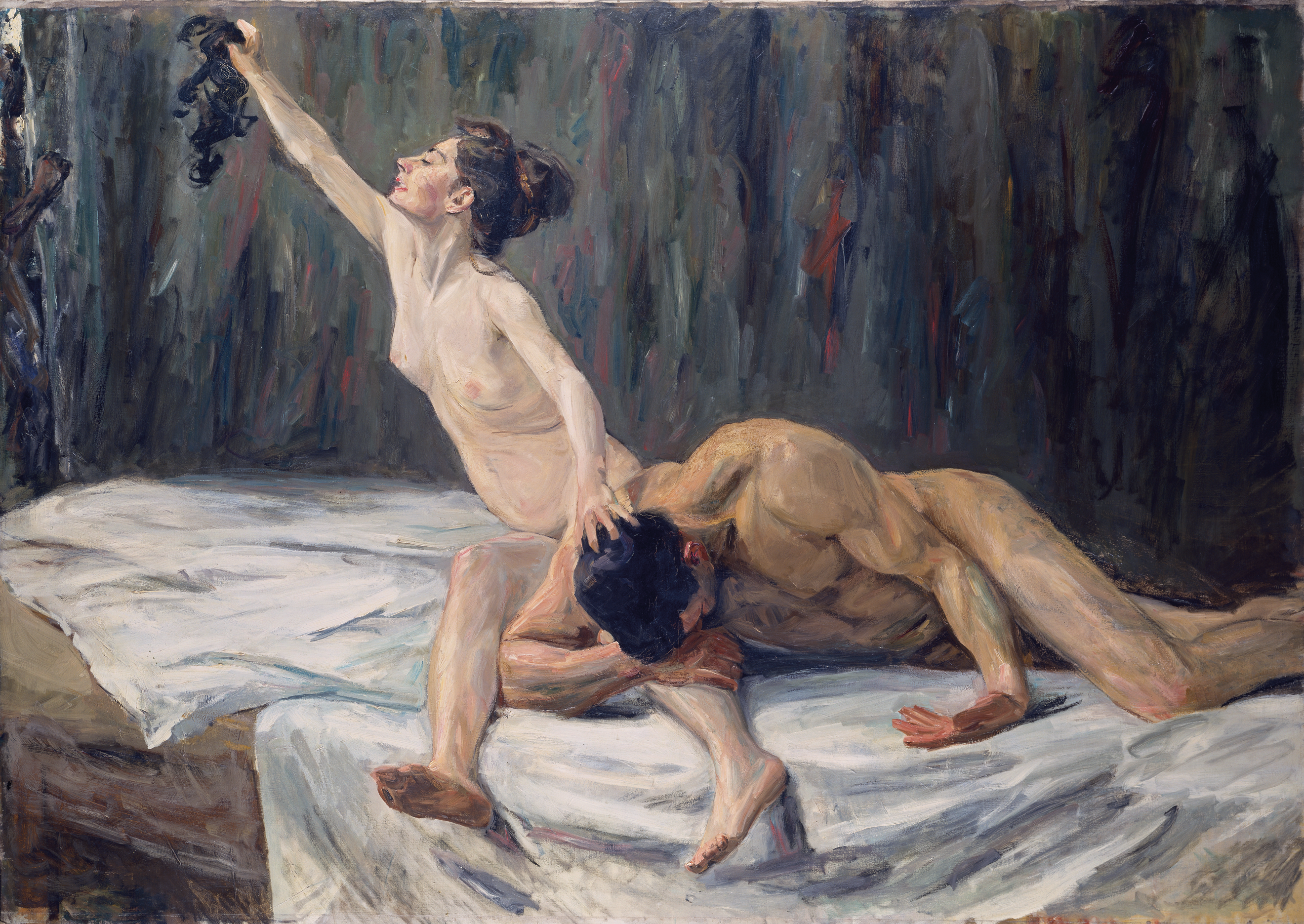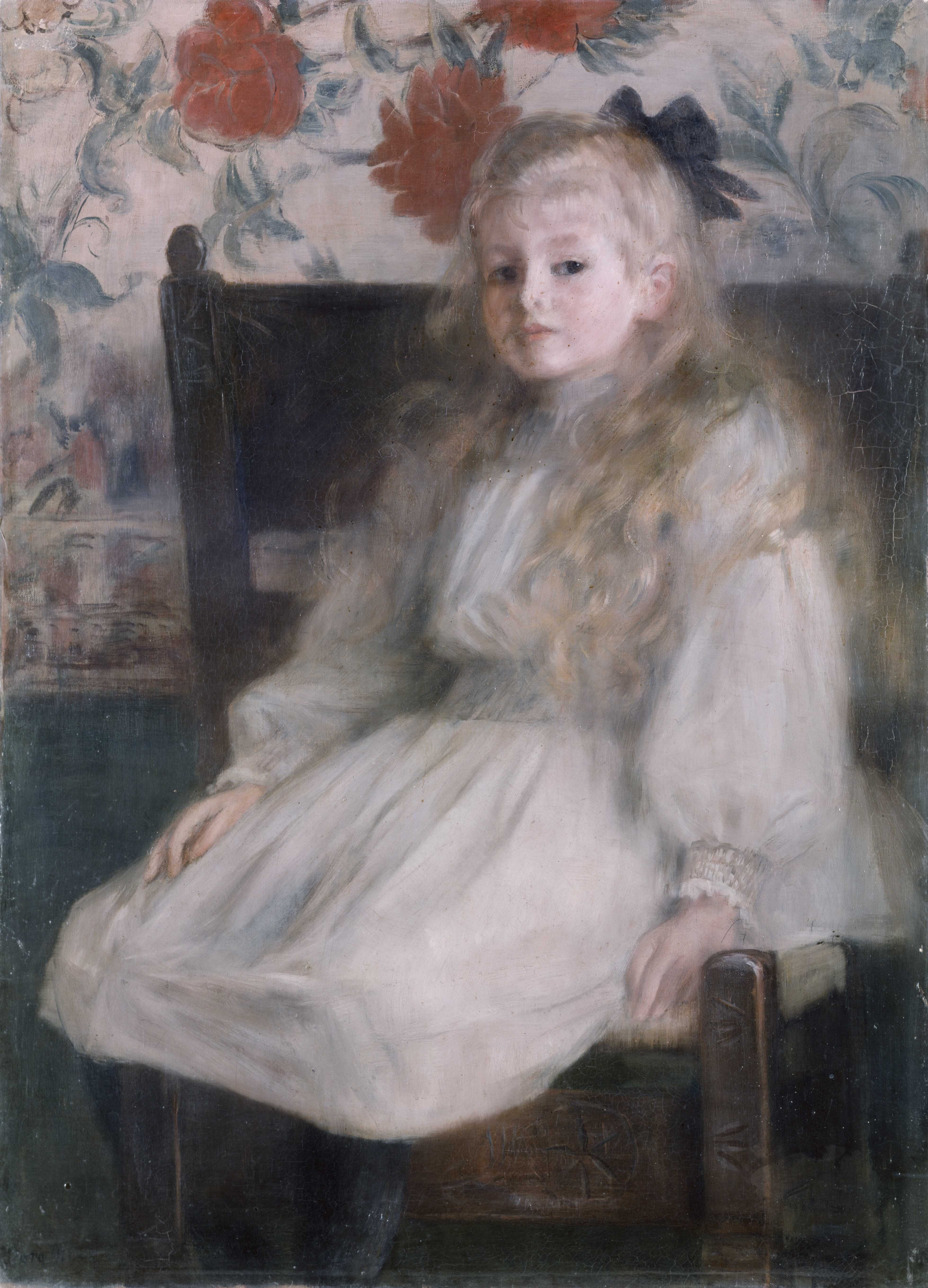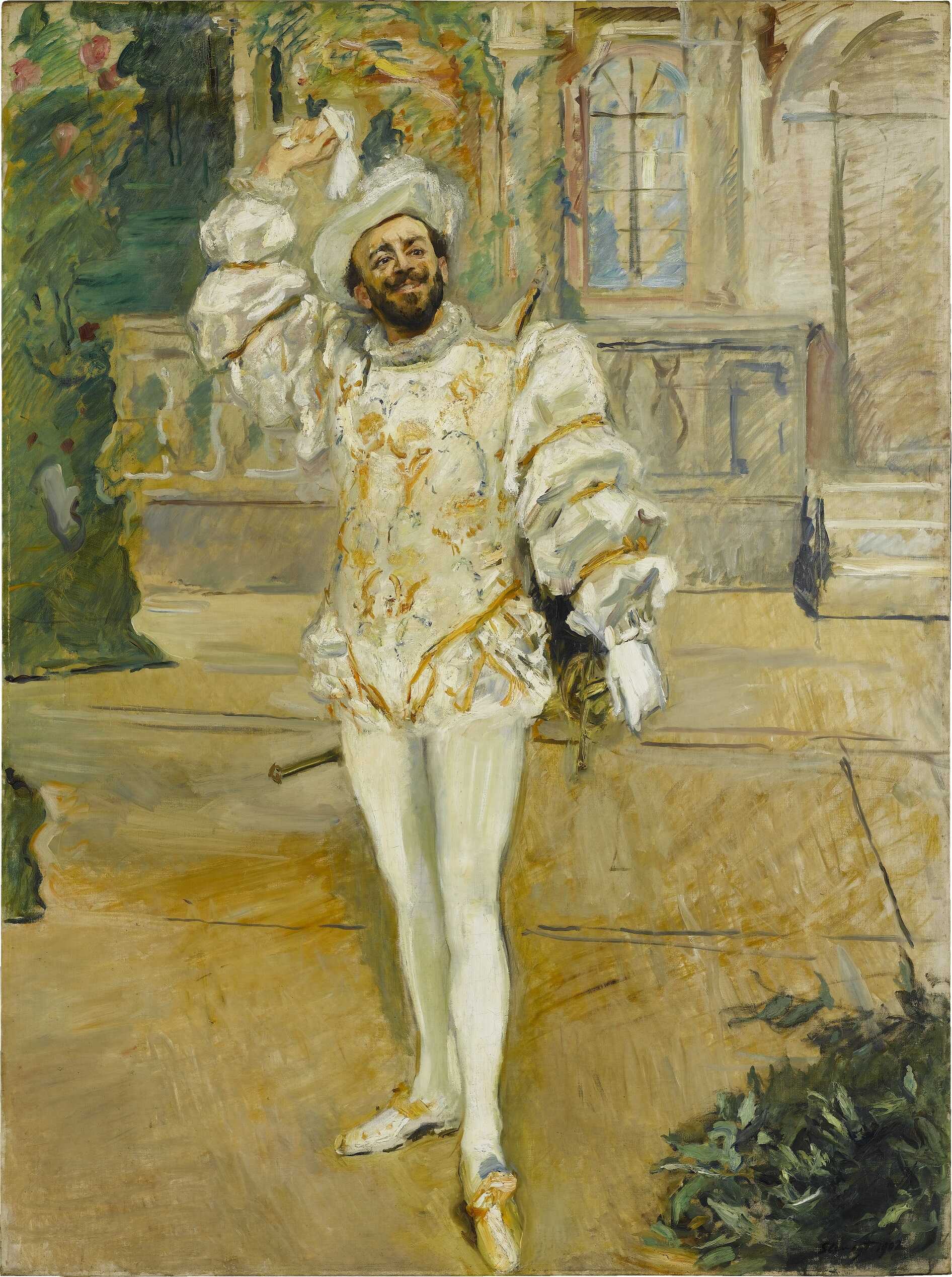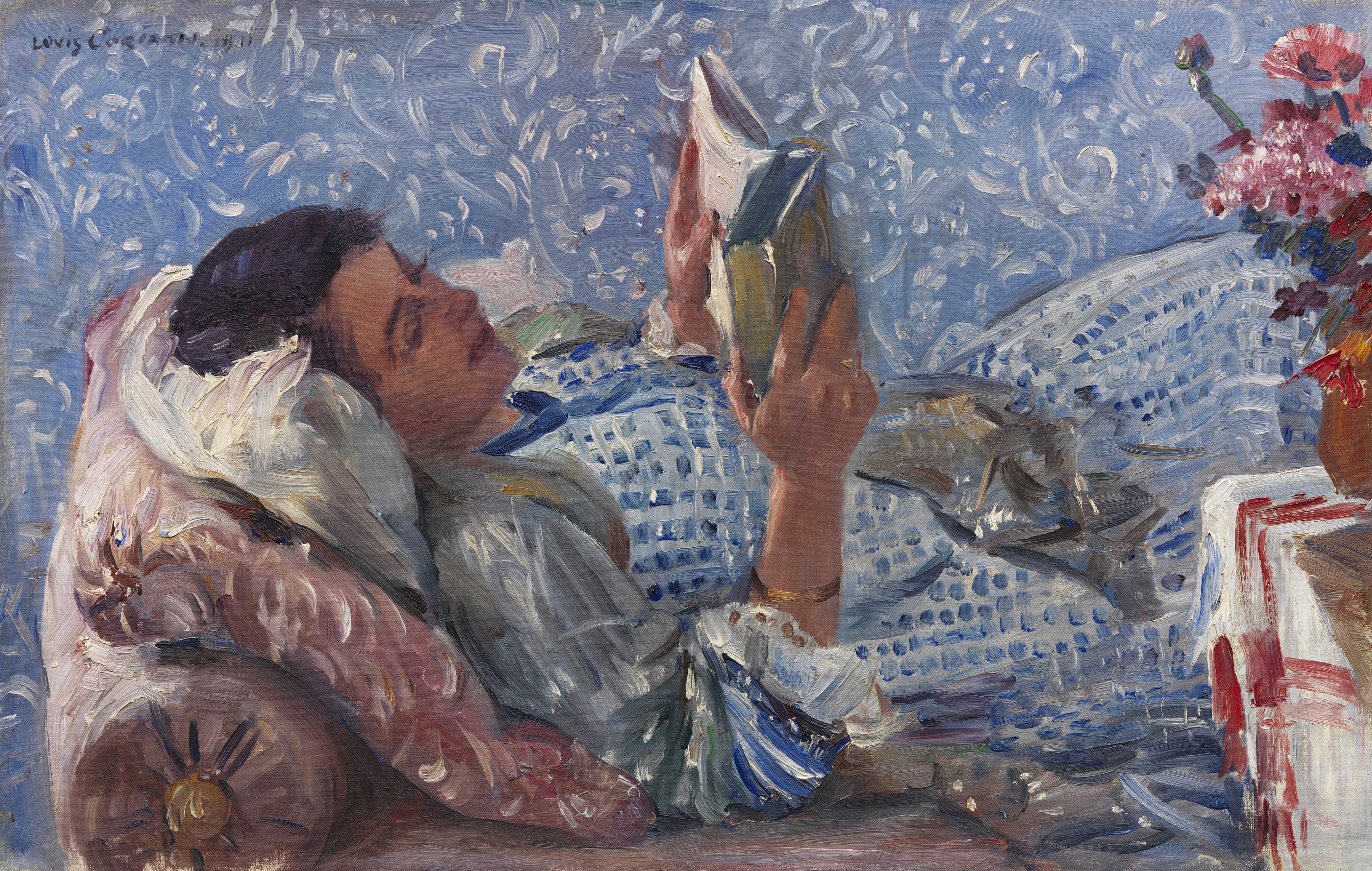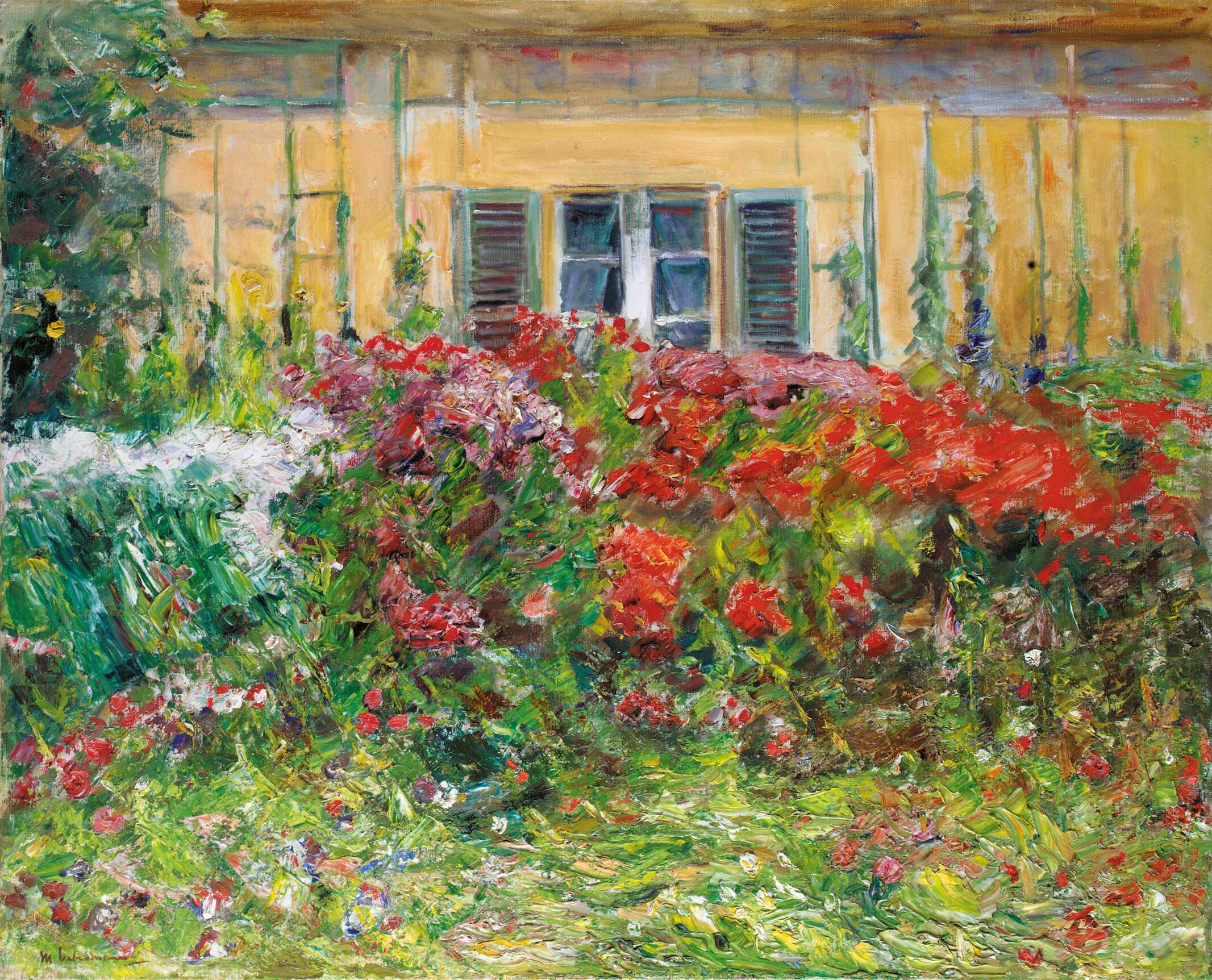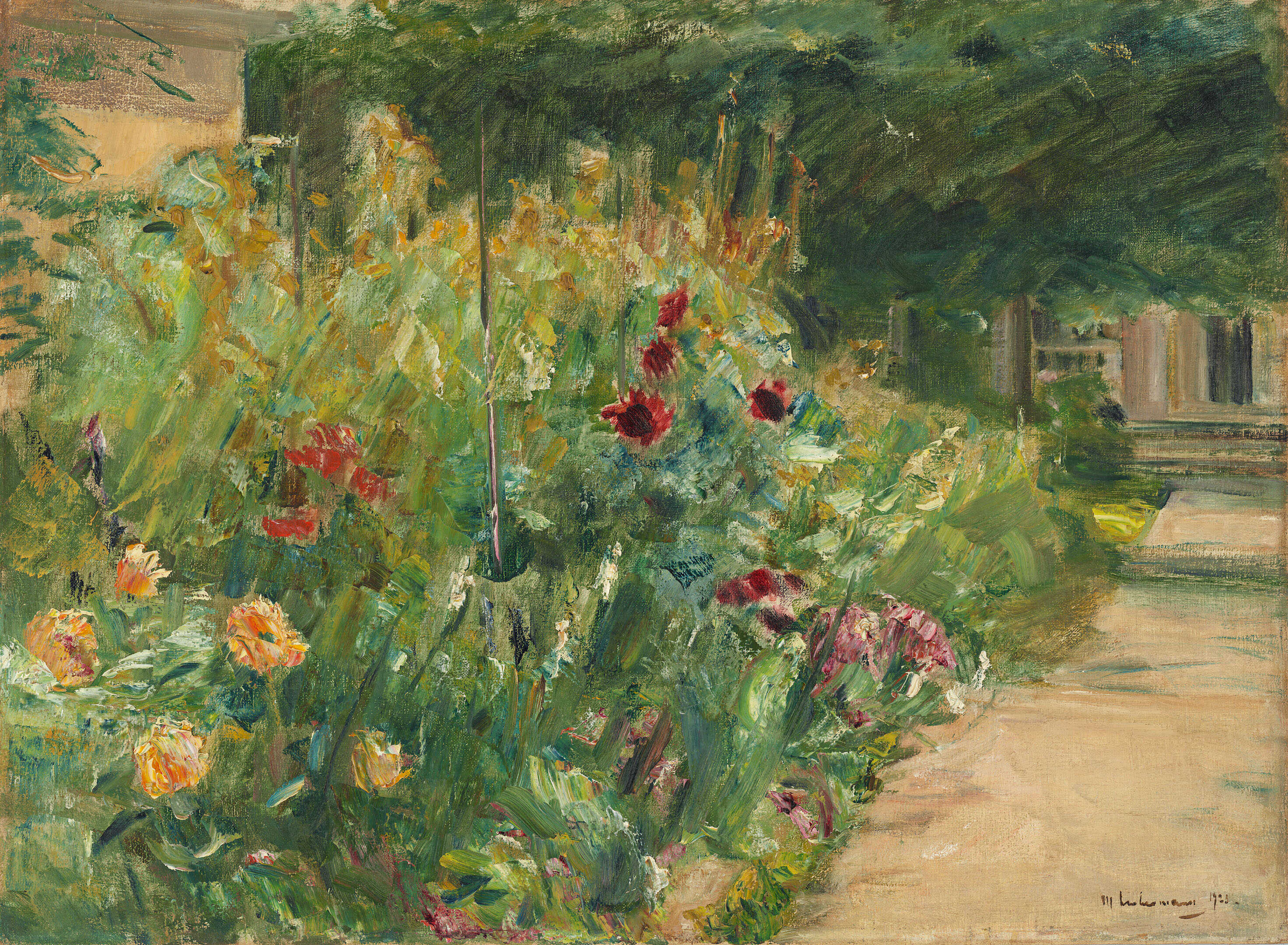Until today the colorful imagery of Impressionism fascinates like no other art movement. The new type of painting, which emerged in 1860s France, is characterized by vibrant, high-keyed colors and the deployment of energetic, sketch-like brushstrokes. With Max Liebermann (1847–1935) as its famous figurehead, the revolutionary movement soon became the leading avantgarde in the German Empire. In terms of motifs, its artists explored a wide range of themes – from sun-drenched landscapes and atmospheric figure paintings to carefully arranged still lifes. The exhibition is a cooperation with the Museum Barberini in Potsdam and brings together 108 masterpieces of German Impressionism – in addition to key paintings by Max Liebermann also numerous works by colleagues such as Lovis Corinth, Philipp Franck, Dora Hitz, Gotthardt Kuehl, Sabine Lepsius, Eva Stort, Max Slevogt, and Fritz von Uhde.
The more than 60 international lenders include the Alte Nationalgalerie in Berlin, the Galerie Neue Meister in Dresden, the Folkwang Museum in Essen, the Städel Museum in Frankfurt am Main, the Hamburger Kunsthalle, the Neue Pinakothek in Munich, the Musée d’Orsay in Paris as well as the Belvedere in Vienna.
The exhibition is under the patronage of Federal President, Frank-Walter Steinmeier.
Please note: Due to the currently high visitor volume, there may be waiting times at the entrance even on weekdays and despite having an online ticket. We kindly ask for your understanding and recommend allowing a little extra time. Please also note that guided tours cannot currently be booked.



Um die Spotify Playlist zu sehen, bitte Spotify Cookies erlauben.
